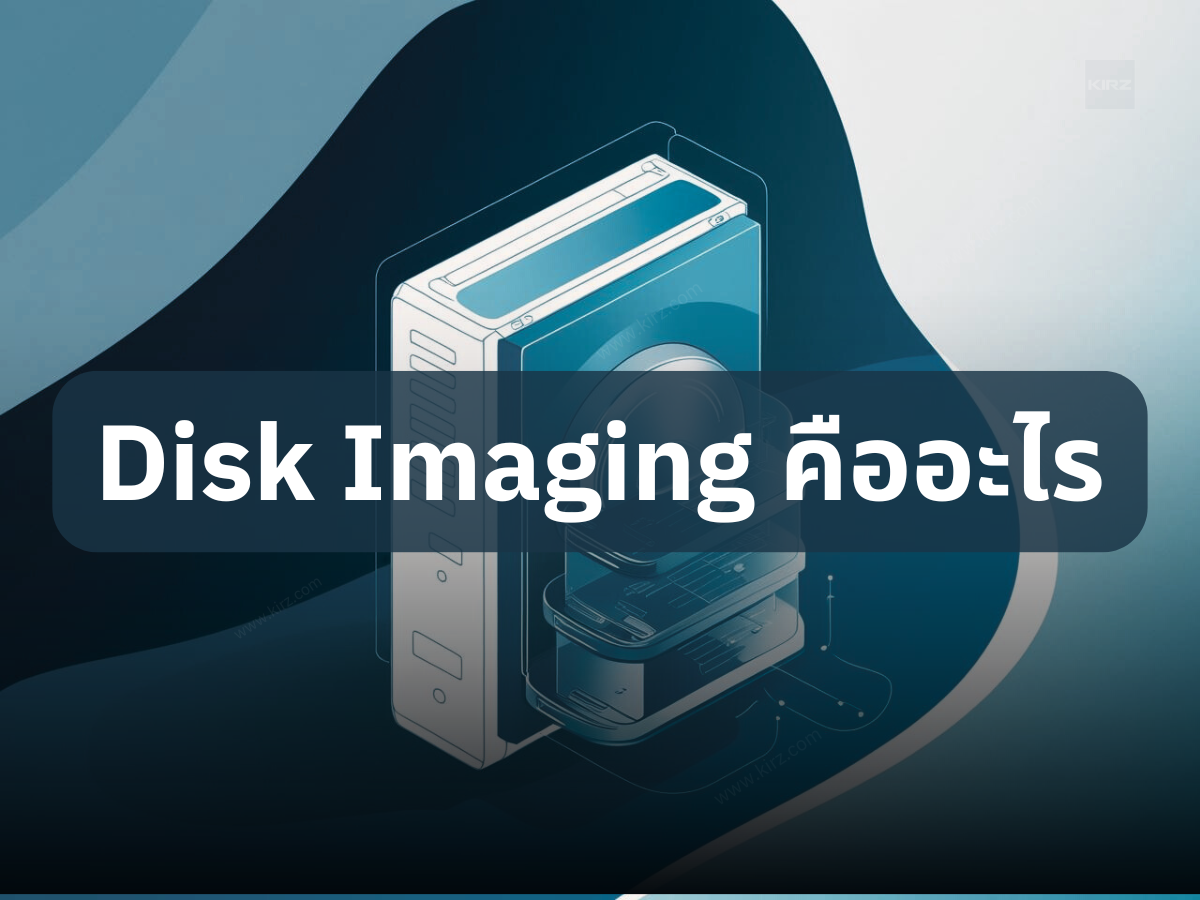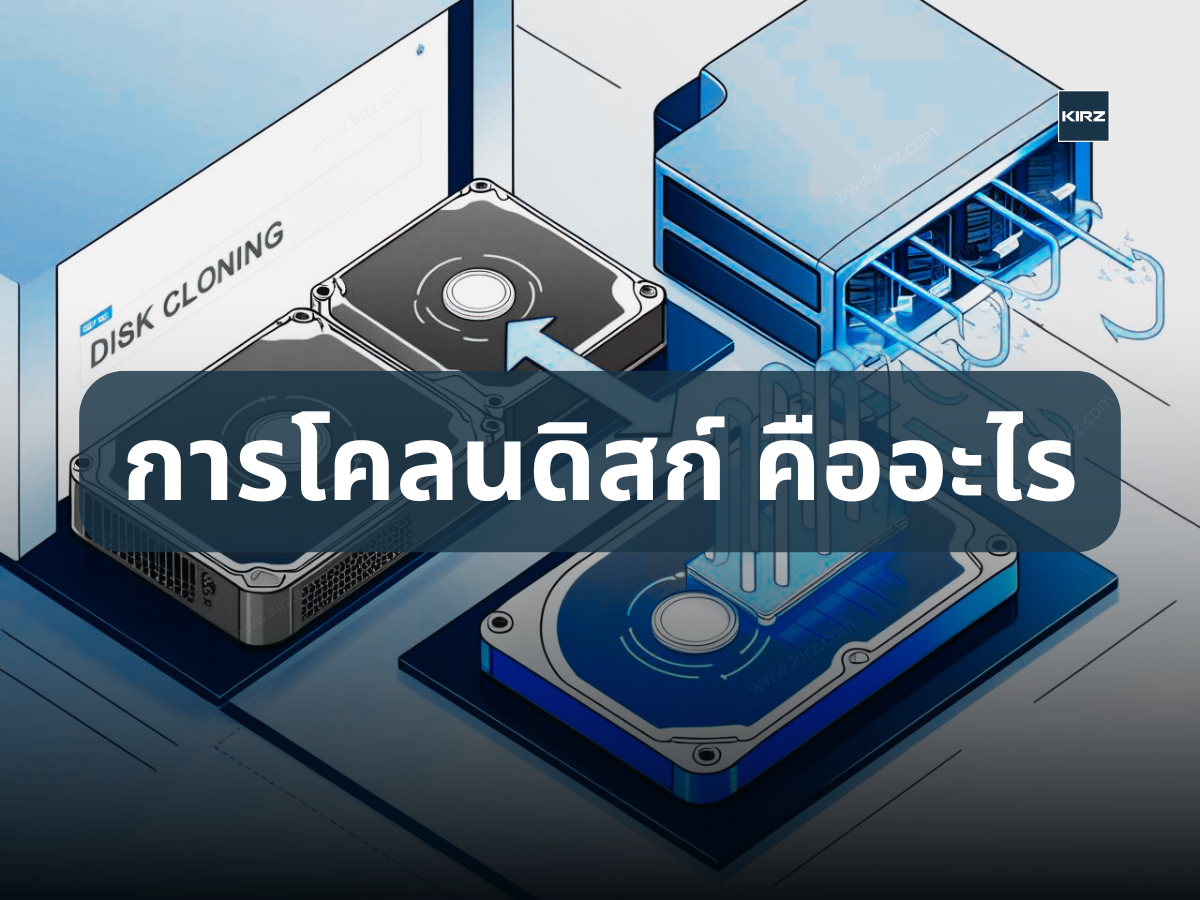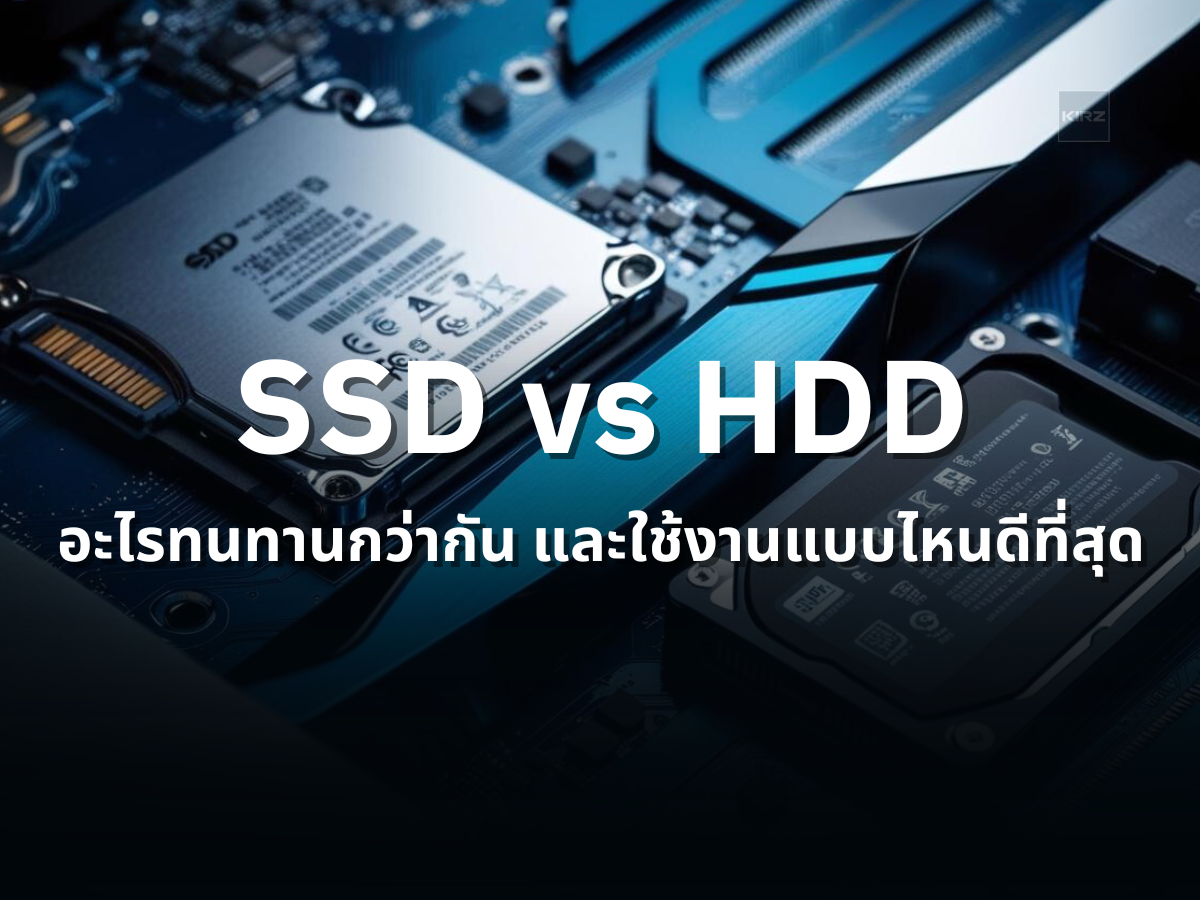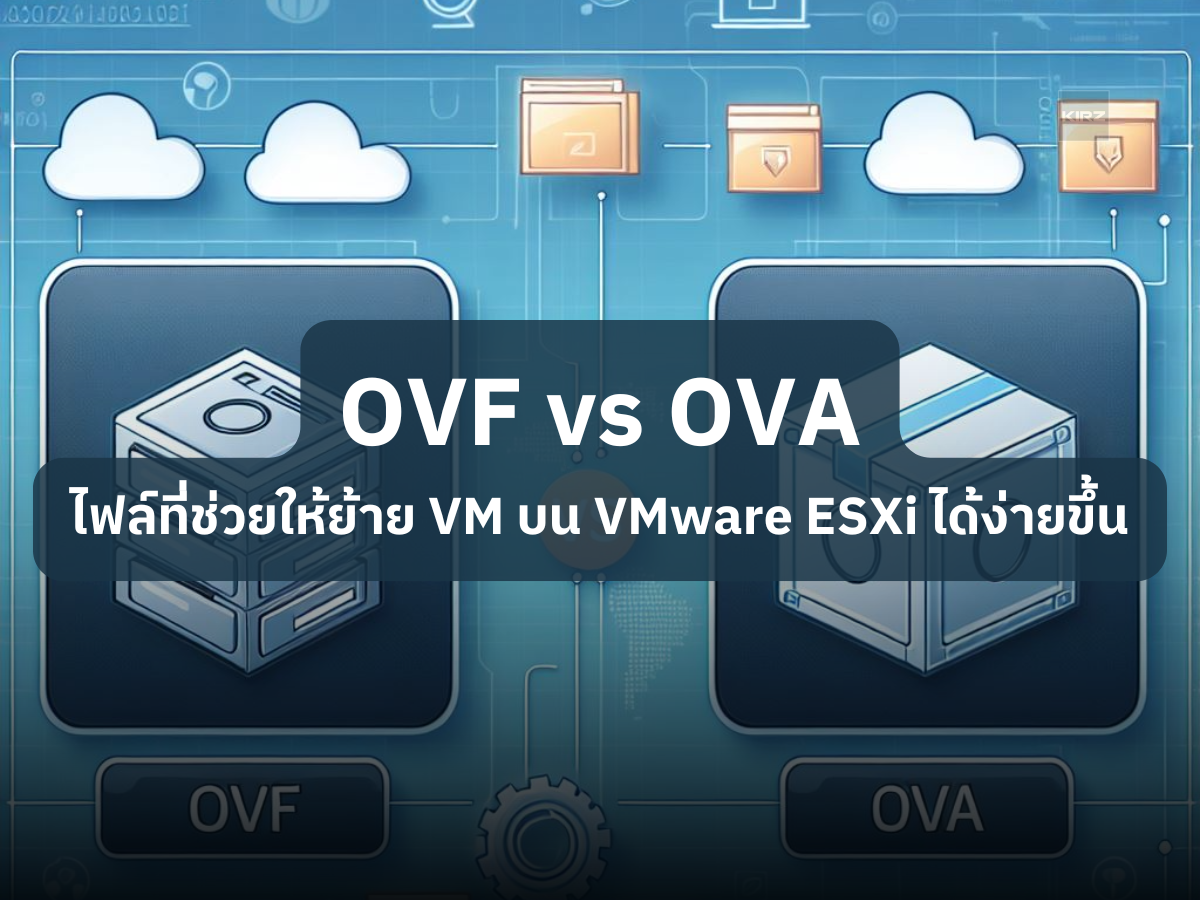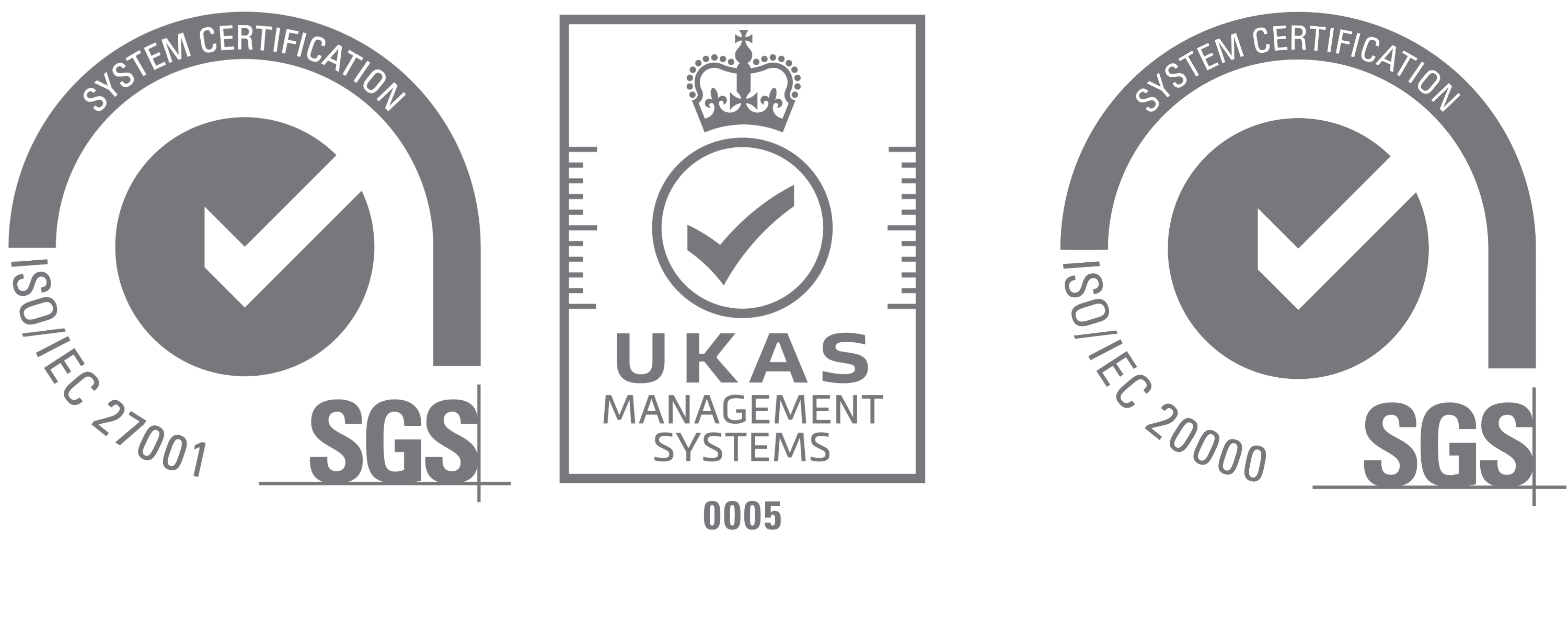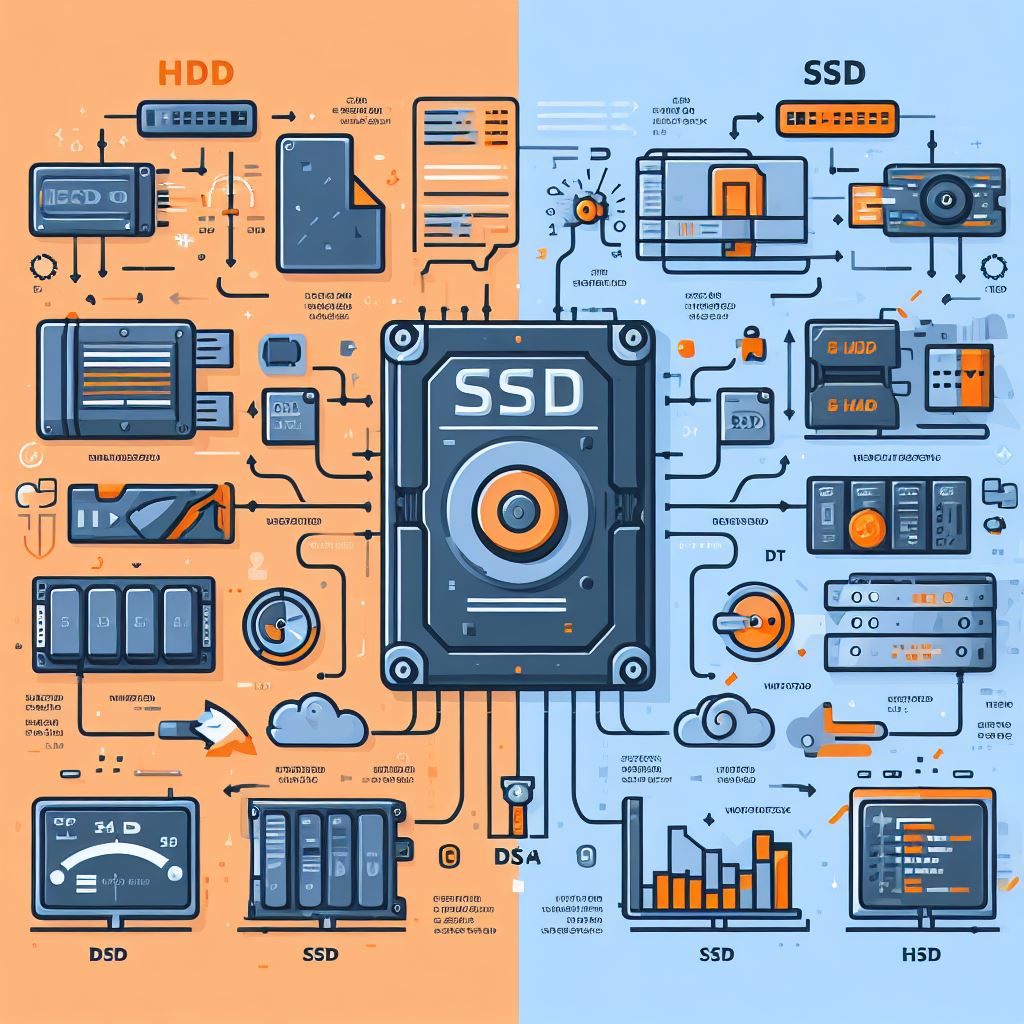
SSD vs. HDD
Which is better for me, SSD or HDD?
The answer depends on you, and how you use your computer - Solid State Drive (SSD) and Hard Disk Drive (HDD) have advantages and disadvantages.SSD
Solid State Drives (SSDs), including embedded flash drives, have become more and more popular. With no moving parts, they can read, write, and access data faster than HDDs. Many computers and tablets are now equipped with an SSD pre-installed instead of a traditional hard drive. Solid state drives typically access data faster, accelerate apps, and speed-up a computer’s boot-up time.
- Best for quicker file access
- Best for application acceleration
- Best for quicker boot-ups
HDD
Hard Disk Drives (HDDs) have been a trusted data storage device for decades now. They are typically lower in price than SSDs and are available in higher capacities. Their biggest advantage is being able to store lots of data cheaply. However, moving parts, vibration, and high temperatures have always been a potential issue with HDDs.
- Best for storing large amounts of data
- Best for price per GB
Key areas to focus on when deciding if an SSD or HDD is better for you are: Durability, Capacity, and Speed.
Which is more durable – SSD or HDD?
SSDs are lighter in weight than HDDs, use less power, and have virtually no vibration - due to no moving parts. They can also survive an accidental drop better than an HDD. SSDs store data electronically on ‘cells’, which makes data access quicker than a spinning HDD.
Generally, SSDs can be more durable than HDDs when it comes to portability and accidental drops. Some ruggedized SSDs can withstand drops from up to 1.98 meters (onto a carpeted surface), whereas the same drop could potentially damage an HDD device.
HDDs are still in use by big institutions like banks, governments and datacenters because the price per GB is less than that of SSDs – and when you’re dealing with huge amounts of data, cost becomes a factor quickly. If durability is important when you’re working on-the-go, there are portable drives that can stand up to the jostles and tumbles of the outside world.
How much capacity do I need?
The amount of personal data we generate from documents, photos, music and multimedia is growing at an exponential rate. HD video files and high-resolution photos are larger than ever, requiring more and more reliable storage capacity.
Solid state drives are designed for speed, but not necessarily for capacity. That’s where traditional hard drives come in. They cost less per GB than SSDs and are available in massive capacities, up to 18TB in a single device and over 144TB* in a multi-drive RAID device.
*As used for storage capacity, 1GB = 1 billion bytes and 1TB = one trillion bytes. Actual user capacity may be less, depending on operating environment and RAID/JBOD configuration.

